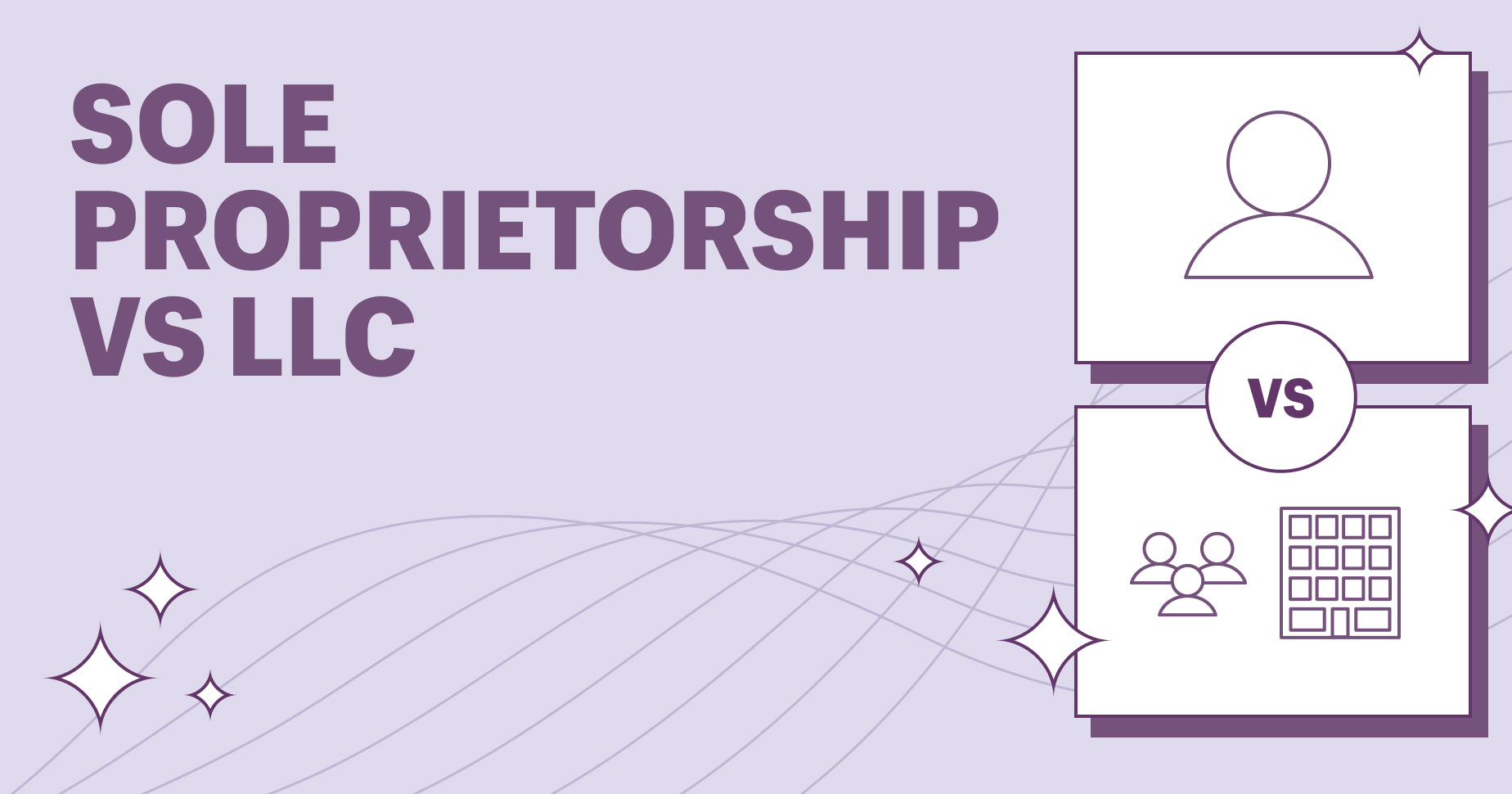As a business owner in Hong Kong, it is important to understand the tax implications of your business structure. One common business structure is the sole proprietorship, which is a business owned and operated by a single individual. In this article, we will explore the sole proprietorship tax in Hong Kong and provide you with the information you need to ensure compliance with local tax laws.
Firstly, it is important to note that sole proprietors are required to register their business with the Inland Revenue Department (IRD) within one month of starting operations. Failure to do so can result in penalties and fines. Once registered, sole proprietors are required to file an annual tax return and pay taxes on their business income.
The sole proprietorship tax in Hong Kong is calculated based on the net profits of the business. Net profits are calculated by deducting allowable expenses from the gross income of the business. Allowable expenses include expenses that are incurred for the purpose of generating business income, such as rent, utilities, and office supplies.
The tax rate for sole proprietors in Hong Kong is currently 15% on the first HKD 2 million of assessable profits and 16.5% on any assessable profits above HKD 2 million. It is important to note that sole proprietors are also required to pay a provisional tax, which is an estimate of the tax liability for the current year. The provisional tax is payable in two installments, with the first installment due six months after the start of the accounting period and the second installment due before the end of the accounting period.
In addition to the sole proprietorship tax, there are other taxes that may apply to your business, such as the goods and services tax (GST) and the payroll tax. It is important to consult with a tax professional to ensure that you are compliant with all local tax laws.
In conclusion, understanding the sole proprietorship tax in Hong Kong is essential for any business owner operating under this structure. By registering your business with the IRD, keeping accurate records, and consulting with a tax professional, you can ensure compliance with local tax laws and avoid penalties and fines.

